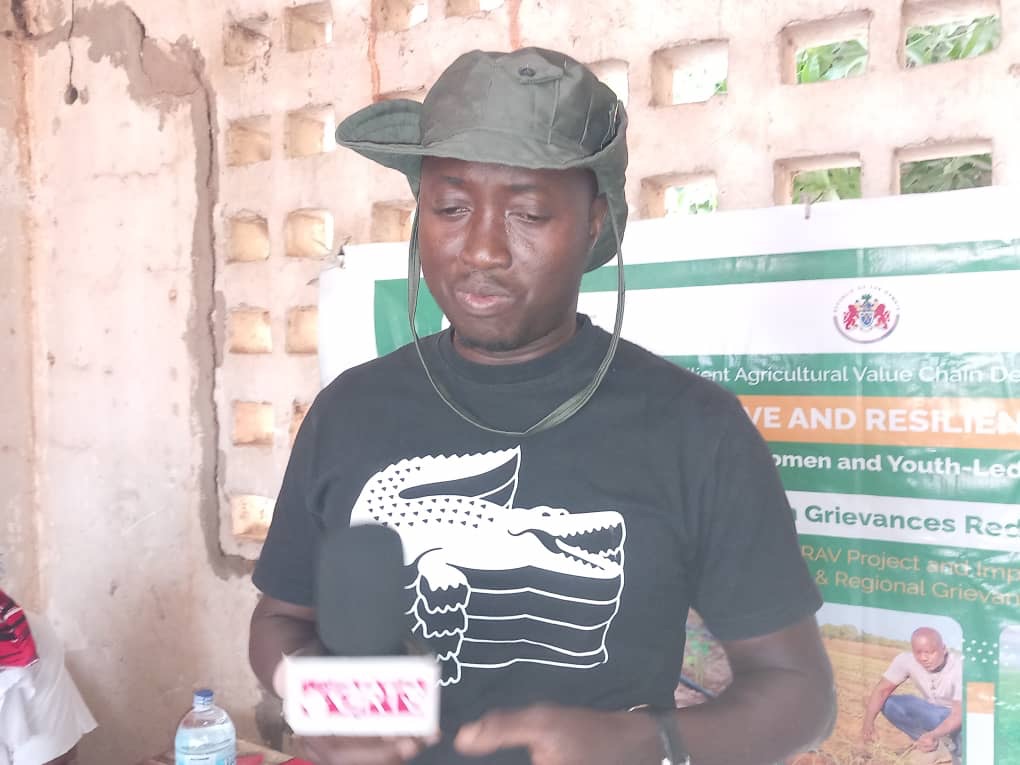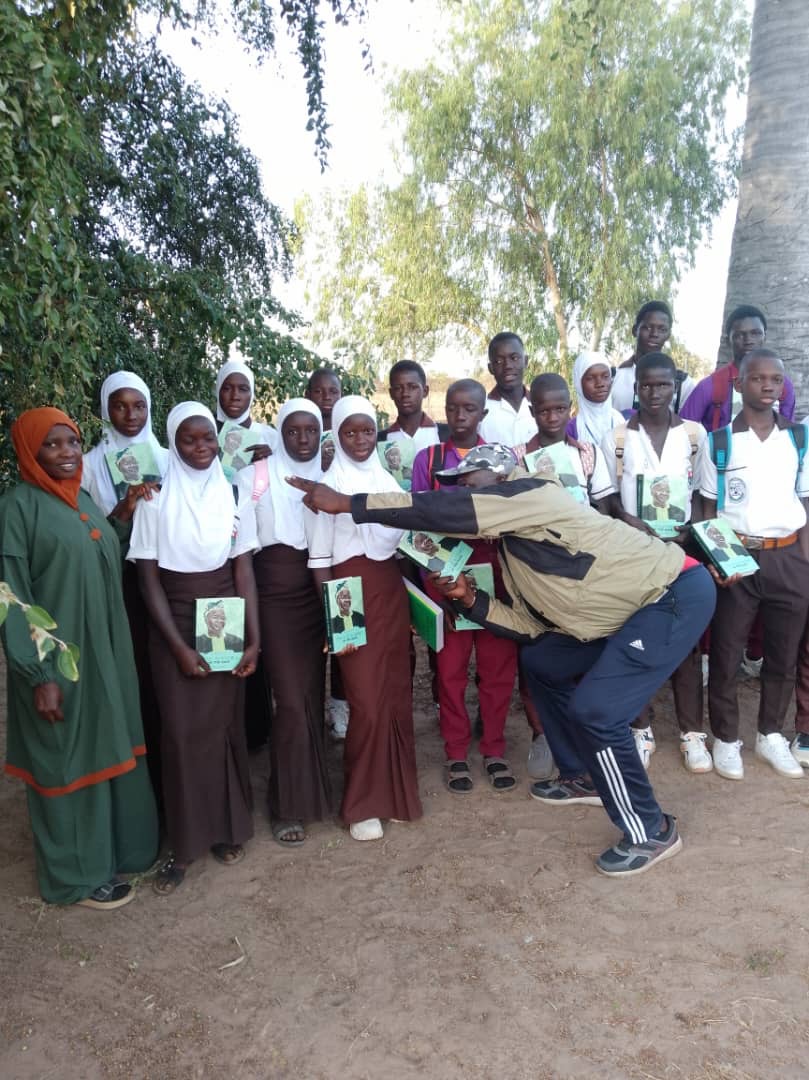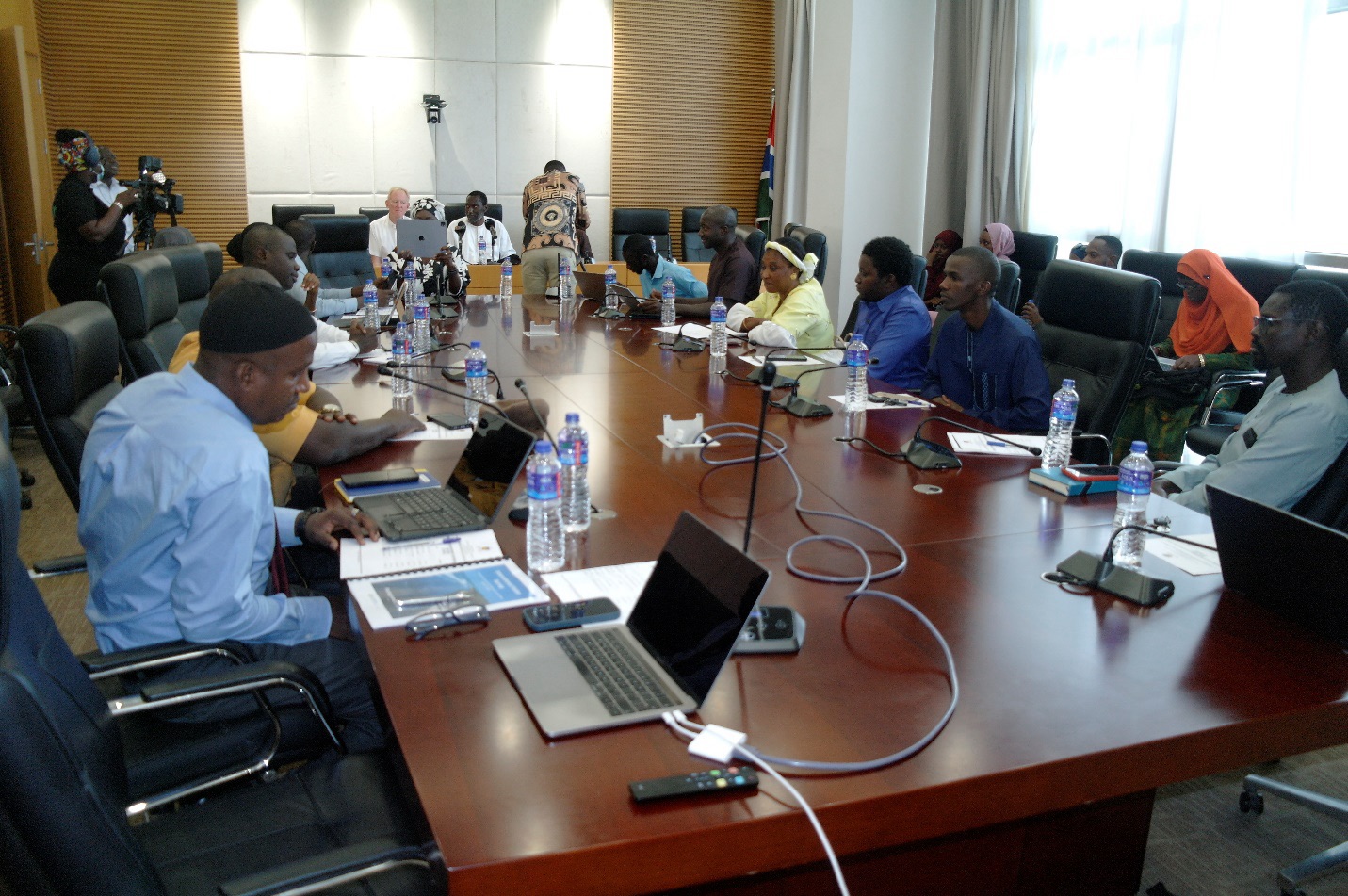By: Haruna Kuyateh
The Gambia Inclusive and Resilient Agricultural Value Chain Development Project (GIRAV) training in collaboration with the Regional Grievances Redress Committee for the North Bank Region six days training underway at Ndofan Village, Lower Nuimi District.
The training brought together over 40 participants from members of the Women and Youth-led Agribusiness firms from the villages of Ndofan and Ndungu Kebbeh.
The training is part of a nationwide sensitization campaign targeting members of the 40 Women and Youth-led Agribusiness Firms who will receive a hectare garden each equipped with modern solar-powered irrigation systems, perimeter fencing, and capacity building for year-round commercial production.
The GIRAV project is a five-year and $ 40 million US dollars grant from the World Bank and will be executed by the Ministry of Agriculture and implemented by the Central Projects Coordinating Unit (CPCU) across the country.
According to the official, the project will establish 40 agribusiness firms and construct 200 km of access roads to ease market access.
This will include the construction of the 7 KM road from Kerr Jatta, Kerr Wally via Ndofan to Bangally to ease market access.
GIRAV project Environmental Specialist Lamin Camaraspeaking at Ndofan said that sensitization is key in the overall development, noting that it provides an opportunity to raise public awareness on how to prevent and handle Grievances related to the project interventions, leaving no one behind.
He added that the construction of the access roads and gardens aimed to boost food production and improve nutrition and thus contribute to poverty reduction.
Camara reiterated the need for beneficiary communities to be more proactive and collaborate with contractors toward the successful implementation of sub-projects.
Alh. Modou Sarr and Ebou Sarr Chief Representatives of the Chief of Lower Nuimi and the Alkalo of Ndofan respectively commended GIRAV for the project, noting that the establishment of gardens in Ndofan and Ndungu Kebbeh would contribute immensely to food security and enhance sustainable development.





